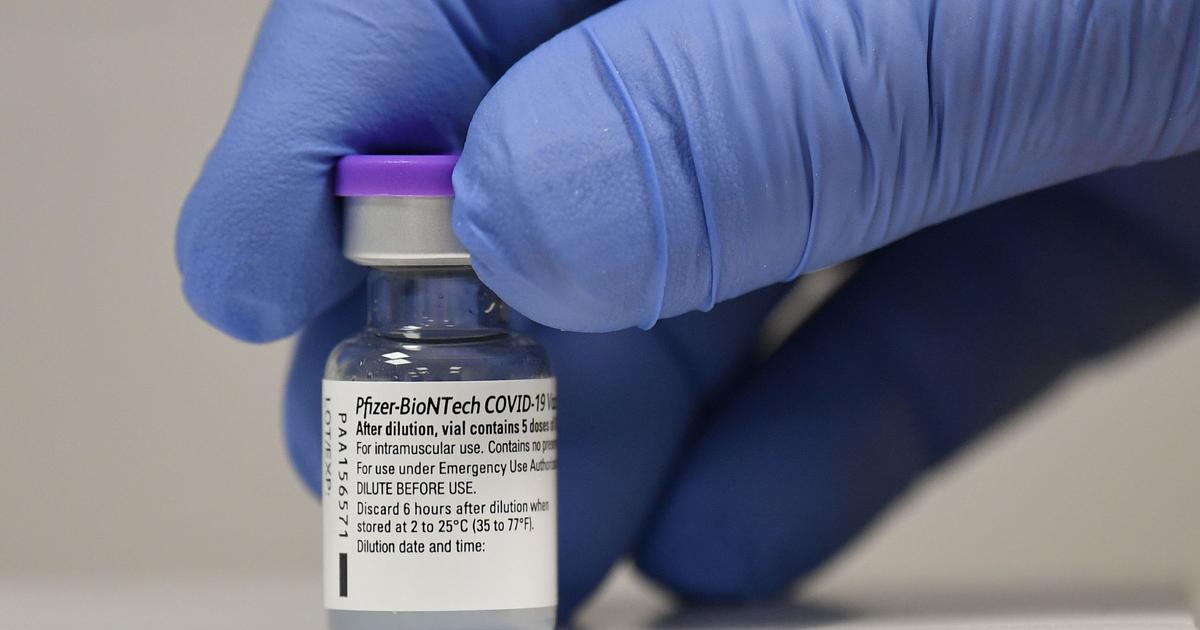The U.S. Marshals on Thursday said it would protect a COVID-19 vaccine as it travels throughout the country. The news comes as the Food and Drug Administration is expected to approve Pfizer’s vaccine for emergency authorization.
“Deputy Marshals are working hand-in-hand with Operation Warp Speed personnel to provide security for COVID-19 vaccines from the facilities where they are manufactured to distribution sites,” the U.S. Marshals said in a statement.
Deputies will be stationed at several points in the distribution process to protect storage stockpiles, manufacturers, transports, and receiving facilities. The agency is responsible for disseminating medical materials and pharmaceuticals to the American people in a time of crisis, according to the Strategic National Stockpile Security Operations Program.
A federal advisory panel on Thursday recommended Pfizer’s vaccine for approval. If the FDA approves the drug, it would trigger a nationwide operation to ship 3 million doses of the vaccine across the country.
Late Thursday, UPS began shipping vaccine kits, which arrived at some hospitals. The kits contained syringes, masks and a diluting agent for the Pfizer vaccine, which will be used to administer the drug.
Clinical trials showed the Pfizer vaccine was nearly 95% effective for adults 18 to 64 and was just as effective for people of all ethnicities. However, some groups — people with weak immune systems, individuals with severe allergic reactions, and pregnant women — could be restricted from getting the shot.
The news comes as the virus continues to spread across the nation. The U.S recorded its highest single-day death count, with over 3,000. Nearly 300,000 Americans have died from the virus, which has infected over 15 million Americans, according to Johns Hopkins University.
The U.S. is anticipated to get 40 million doses of both Pfizer and Moderna Inc.’s vaccines, both of which must be given twice for full effectiveness, by the end of the year. Some state officials have said they anticipate prioritizing people at greater risk of contracting the disease, including elderly people and healthcare workers.
